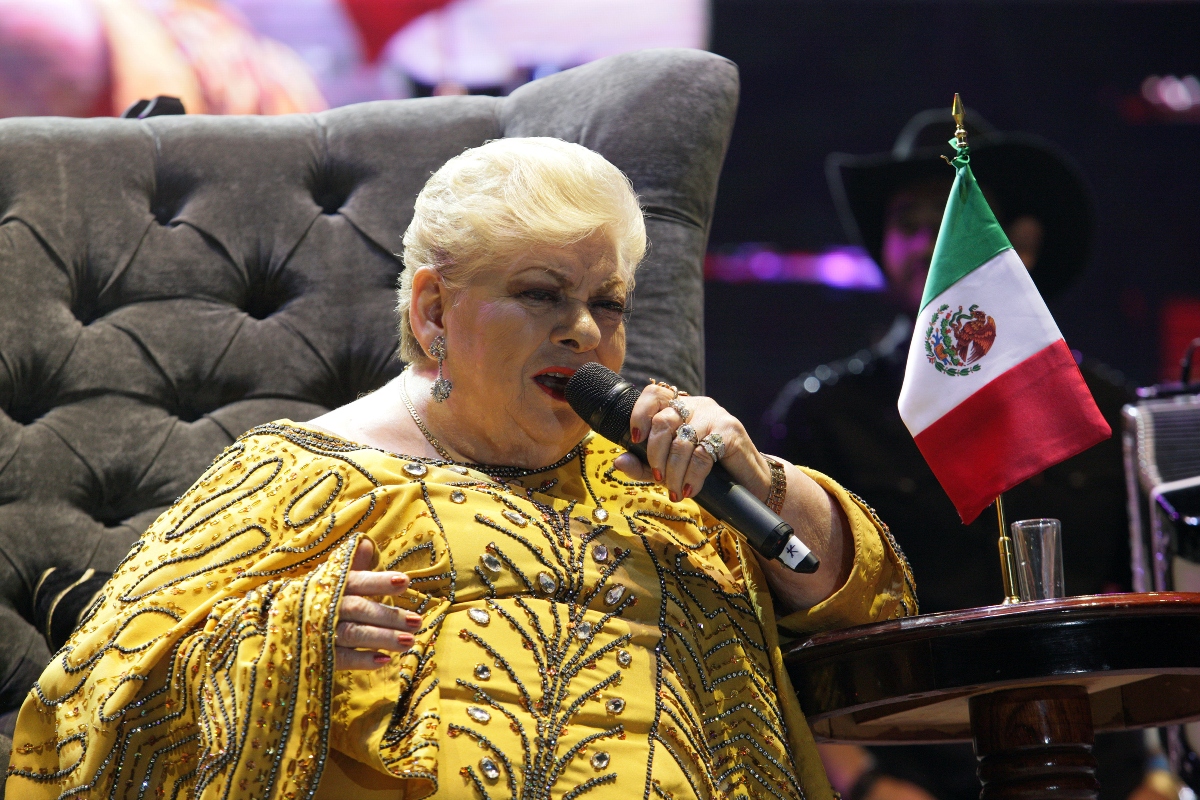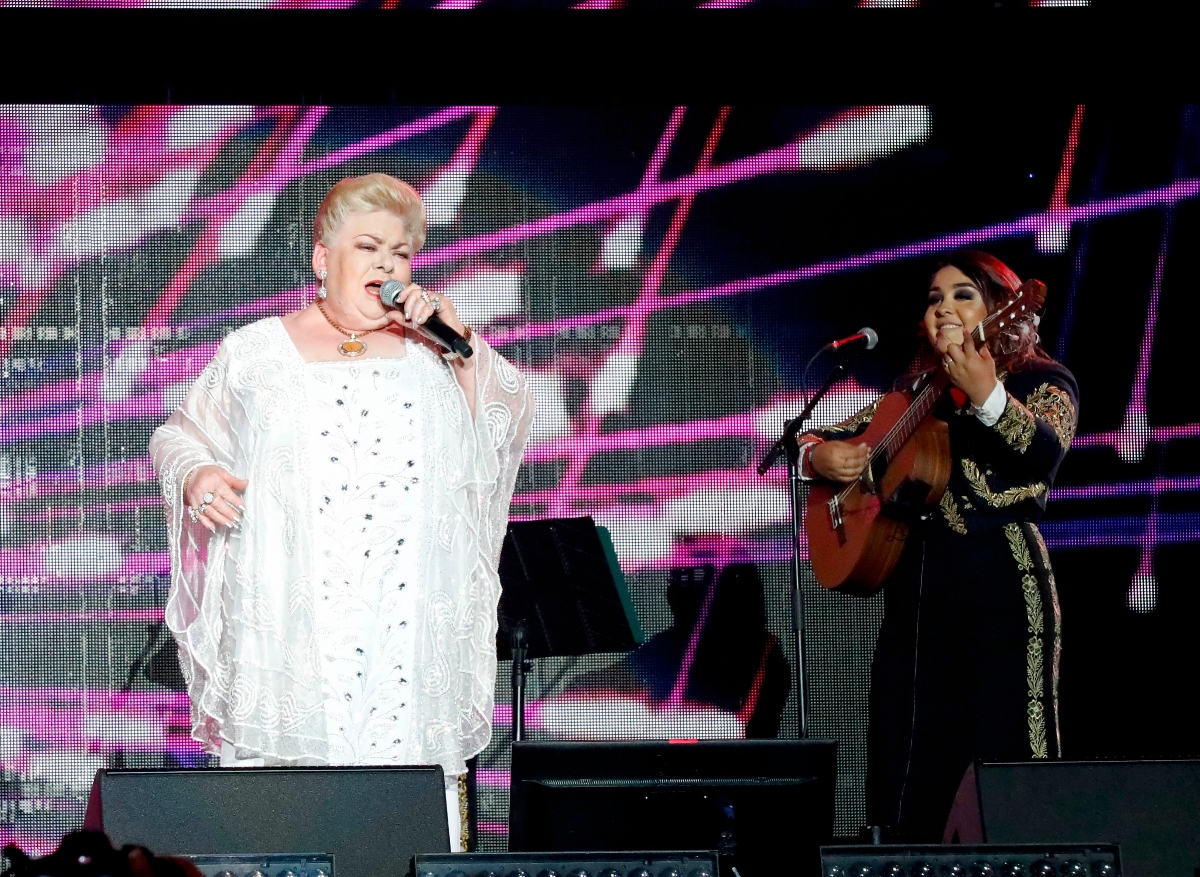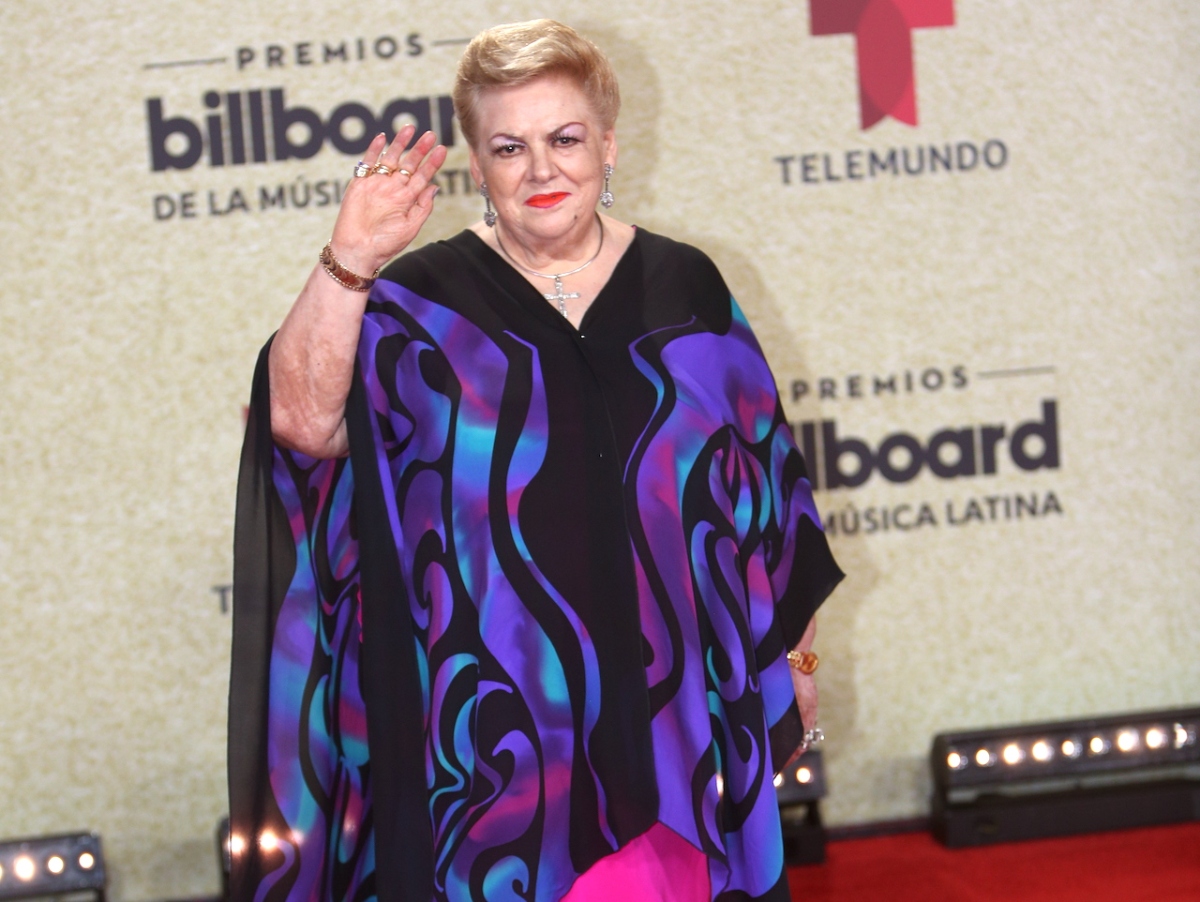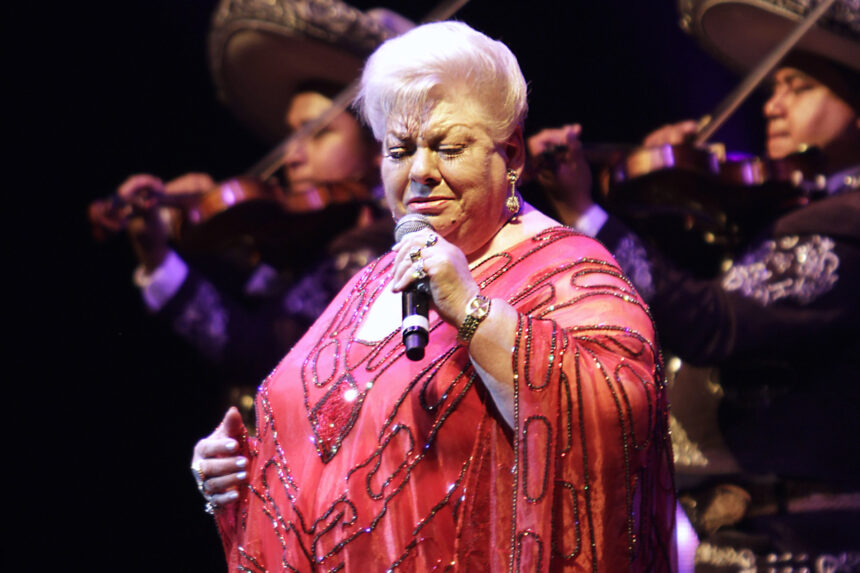Paquita la del Barrio, born Francisca Viveros Barradas on April 2, 1947 in Alto Lucero, Veracruz, is much more than a singer; she is an icon of female empowerment and cultural resistance.
Known for her piercing lyrics and unmistakable ranchero style, Paquita has earned a special place in the hearts of millions of Hispanics, especially women who find in her songs a voice for their own struggles.
Hits that defined a generation

Paquita la del Barrio’s songs are not only popular, they are anthems. With hits like:
Rata de Dos Patas: An emotional release that denounces men who betray and cheat. This theme has transcended cultures and generations.
Tres Veces Te Engañé: A defiant response to heartbreak and infidelity.
Me Saludas a la Tuya: With its characteristic irony, this song mixes pain and empowerment in equal measure.
These songs have found a deep resonance in the Hispanic community, becoming the soundtrack for moments of catharsis, celebration and sisterhood.
A special relationship

In the United States, Paquita la del Barrio is much more than a ranchera singer.
Her songs represent female struggle and empowerment in a culture that often faces gender inequalities.
From Los Angeles to New York, his music resonates at family events, karaoke nights and cultural events.
Her honesty and courage to challenge patriarchal norms have made Paquita a symbol of strength for women of all ages.
Cultural and social impact

Paquita la del Barrio has also left her mark as an activist.
Through her lyrics and her presence in the media, she has addressed issues such as machismo, infidelity and the importance of female independence.
Her iconic phrase “Can you hear me, you useless thing?” has become a motto for those who seek to reclaim their dignity and self-esteem.
Paquita tells us what we often cannot express
Fan of Chicago
His immortal legacy

Throughout more than five decades of career, Paquita has demonstrated that music is more than entertainment; it is a tool for social change.
Her legacy not only lives on in her songs, but in every woman who finds strength in her lyrics.
Paquita la del Barrio not only sings; she gives a voice to those who need it.
His music and message will continue to be a beacon for future generations, reminding us that art can be a powerful agent of change.














